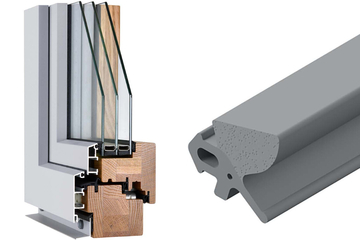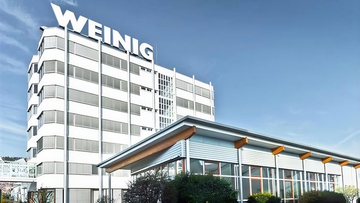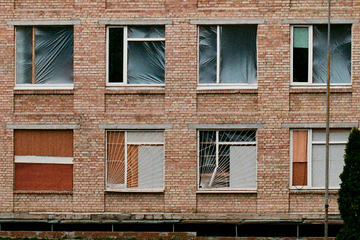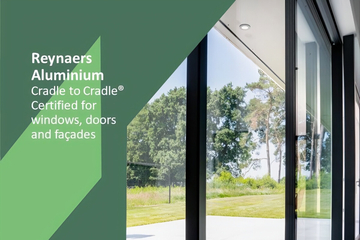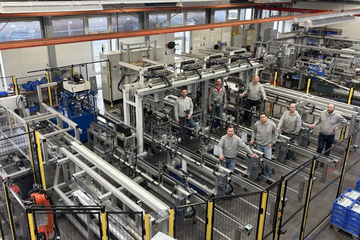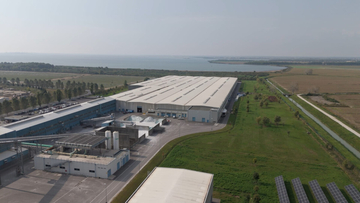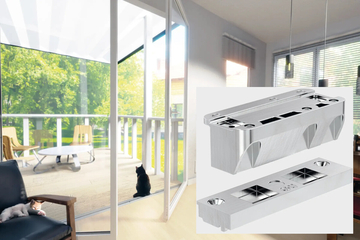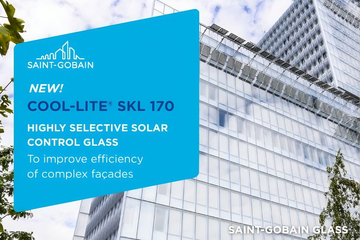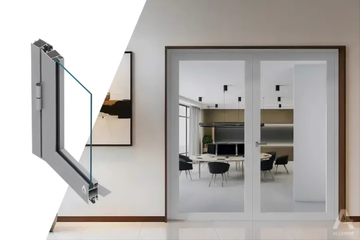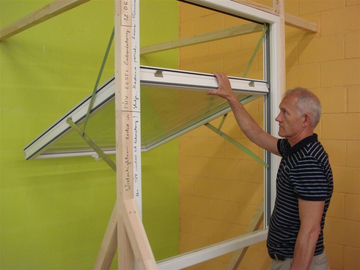The European has adopted a strengthened Directive on the energy efficiency of buildings (EPBD↗️), updating the existing regulatory framework. The Directive sets out frameworks for member states to reduce emissions and energy use in buildings.
Currently, about 35% of buildings in the EU are over 50 years old, and the average energy renovation rate is only about 1%.
Each EU country will adopt its own roadmap to reduce average primary energy consumption in residential buildings by 16% by 2030 and by 20-22% by 2035. For non-residential buildings, by 2030, 16% of the worst-performing buildings must be renovated, and by 2033, 26% of the worst-performing buildings. Member states may exempt certain categories of residential and non-residential buildings from these obligations, including historical buildings or summer cottages.
Minimum Energy Performance Standards (MEPS) only apply to non-residential buildings to initiate the renovation of the worst-performing ones. MEPS for residential buildings will remain optional to achieve the necessary improvement in the building stock's energy efficiency. However, the worst-performing buildings, constituting 43% of the building stock with the lowest energy efficiency, must be renovated as a priority.
The revised Directive makes "zero emissions" the standard for new buildings. All new residential and non-residential buildings must have zero emissions from fossil fuels since January 1, 2028, for public buildings, and since January 1, 2030, for all other new buildings, with specific exemptions possible.
Energy Performance Certificates (EPCs) will remain an important tool for assessing building efficiency. EPCs will be made more visible and based on a common template for all EU member states. There will be a common AG scale. An "A" rating corresponds to buildings with zero emissions, while a "G" rating corresponds to the worst-performing buildings. Member states will have the option to define an energy efficiency class of "A+," corresponding to buildings with better energy characteristics than those with zero emissions.
The updated EPBD also strengthens the favorable basis for reconstruction. It introduces Building Renovation Passport schemes across the EU to help build owners plan (step-by-step) renovations.
General requirements for national databases on building energy efficiency have been announced: access to these databases and the publication of aggregated information.
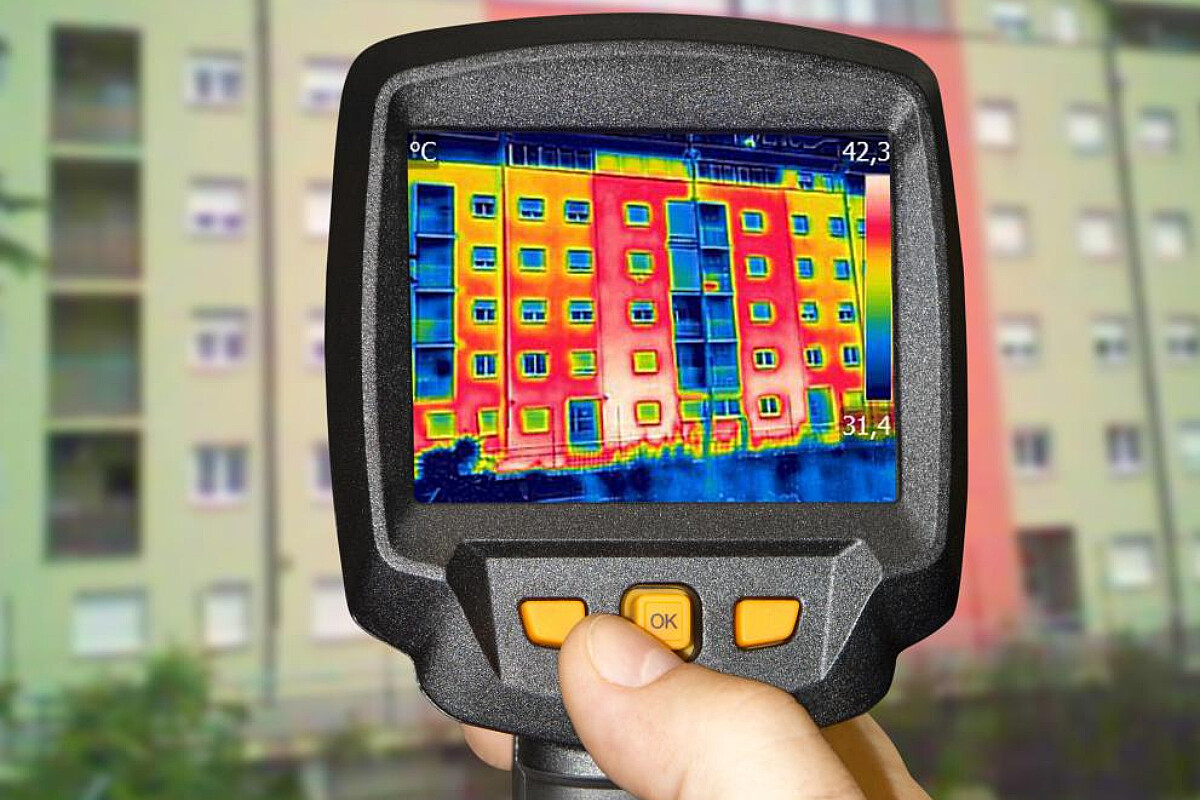
Photo: EU
The new EU Directive on energy efficiency in buildings makes "zero emissions" the standard for new constructions
ID no: 23175
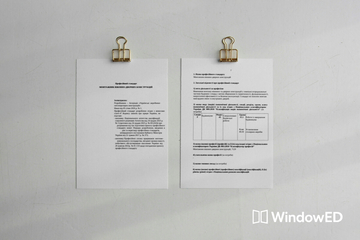
Feb 5, 2026

Feb 3, 2026
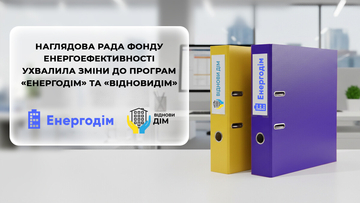
Today 18:54

Today 18:23
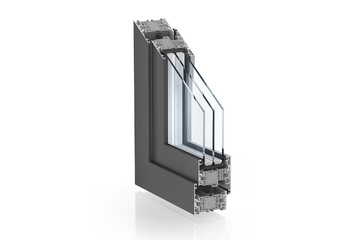
Today 16:44

